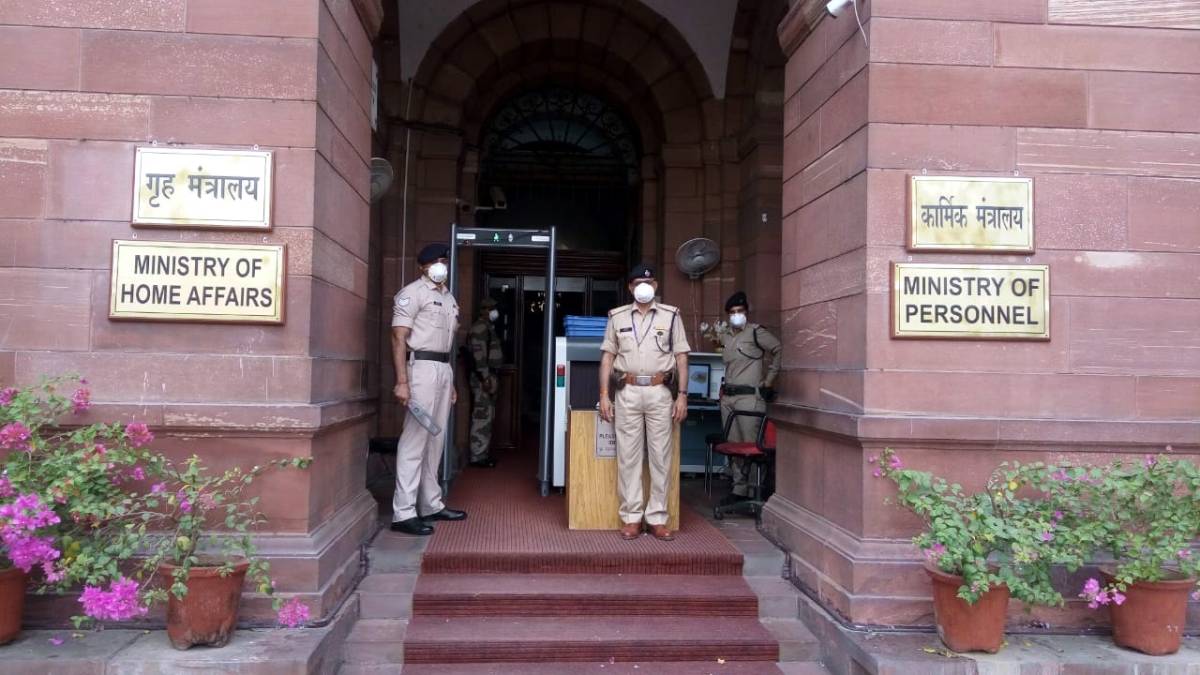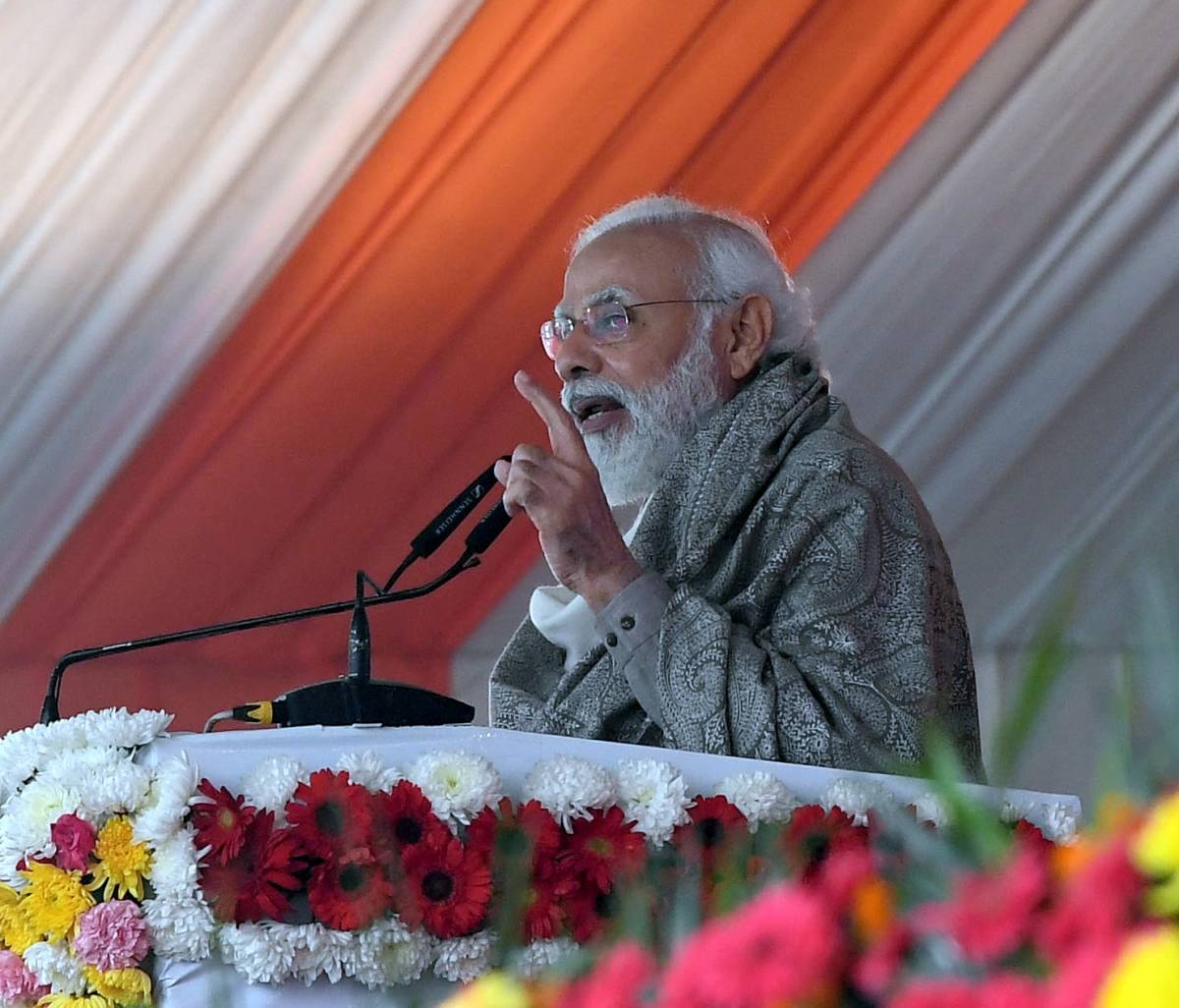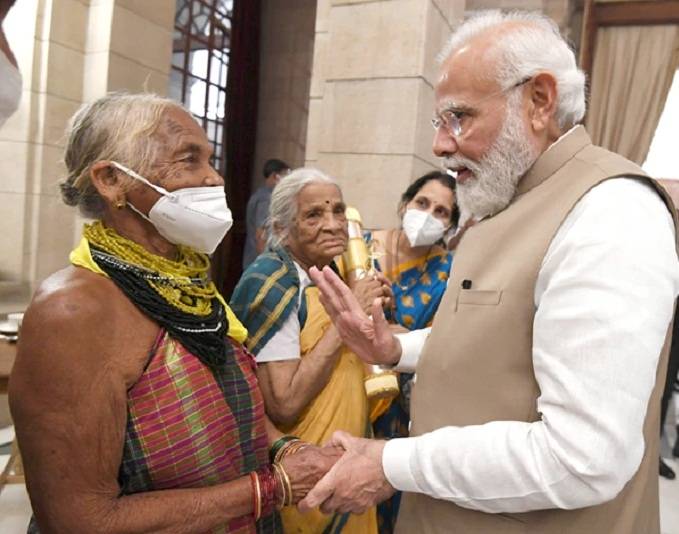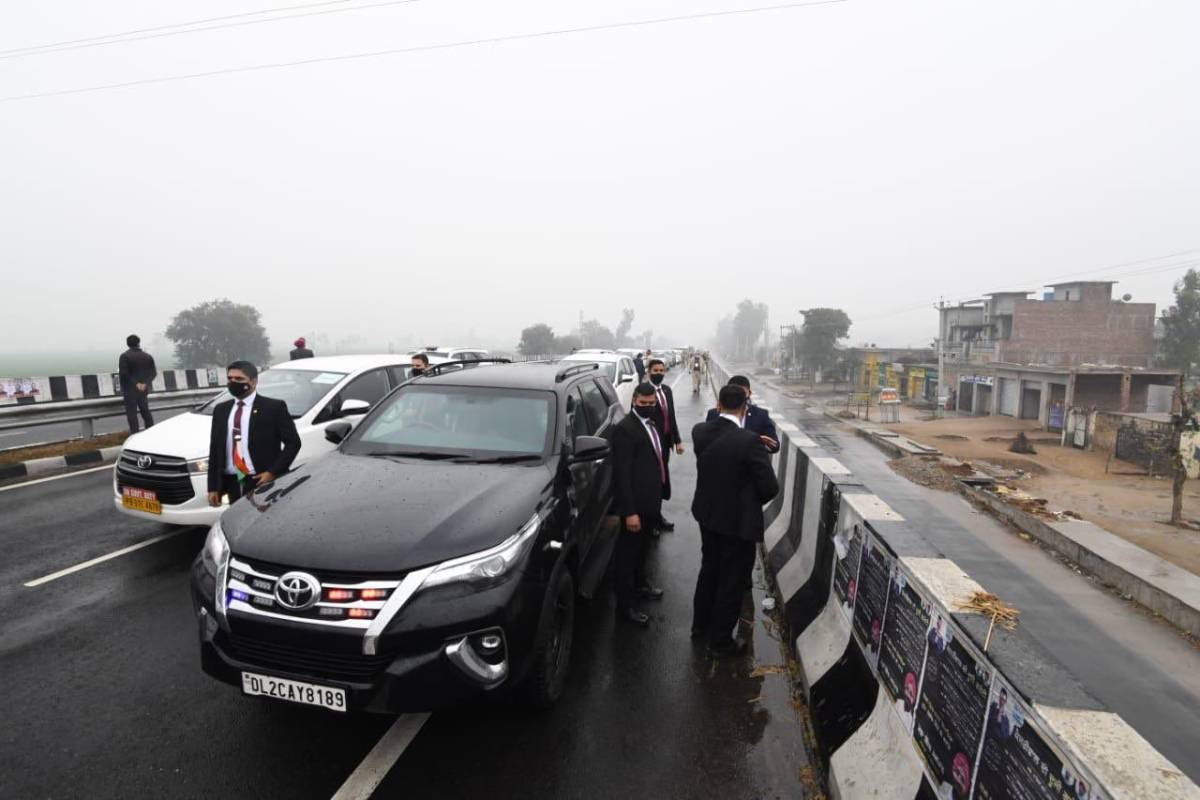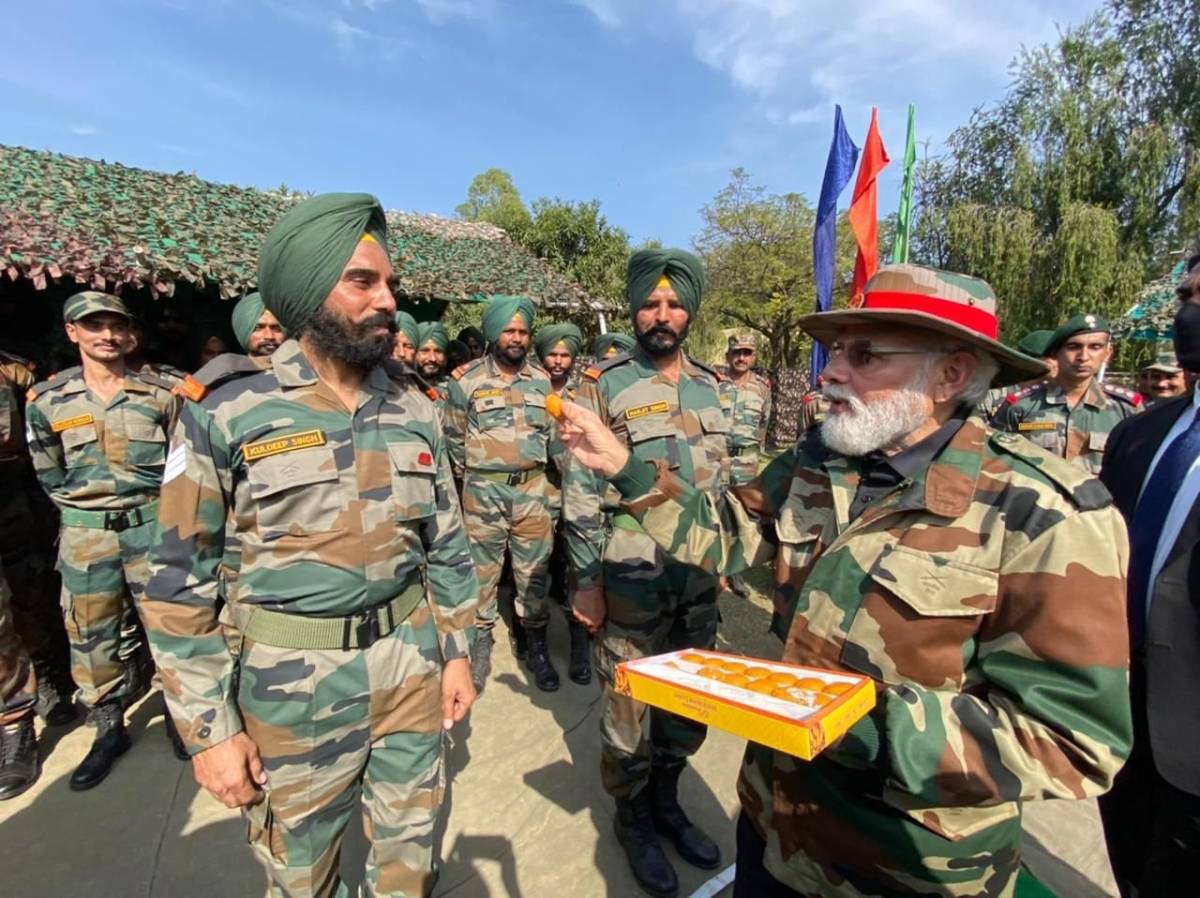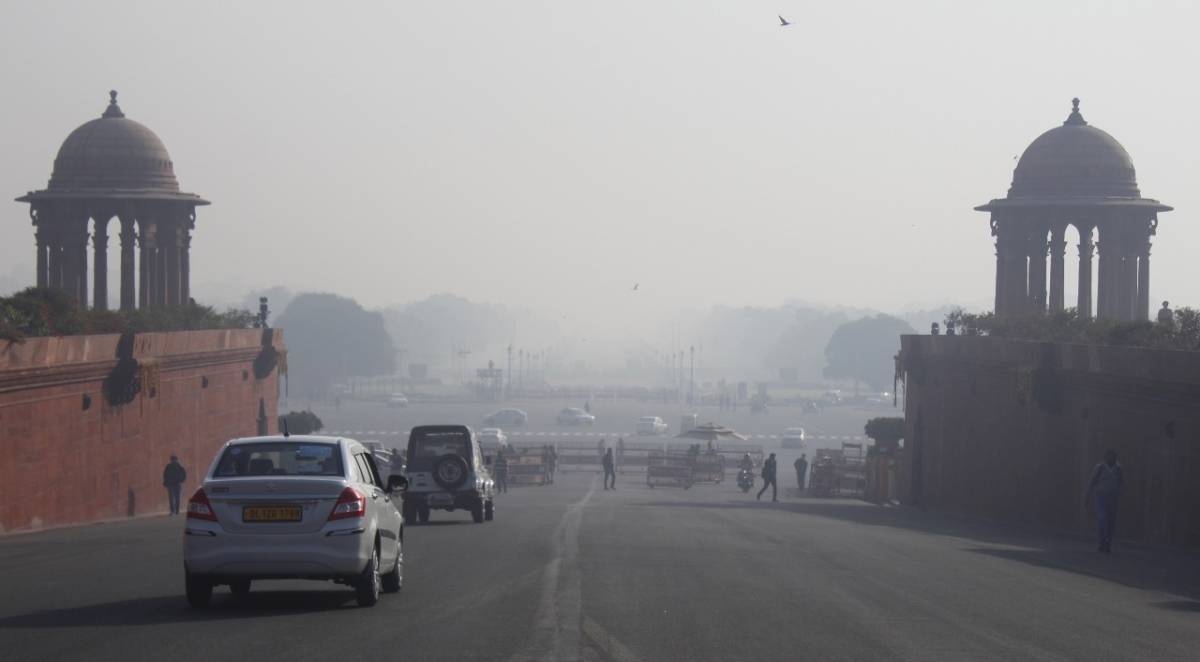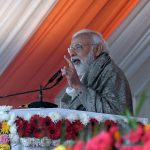As per the requirements, the Directorate of Coordination, Police Wireless aims to deploy monitoring systems or receivers at all the 31 Inter-State Police Wireless (ISPW) locations and in Delhi…Amresh Srivastava
With an aim to make radio communication system safe and secured in the country, the Ministry of Home Affairs (MHA) has planned to install an integrated solutions for monitoring system to prevent breaches of Radio Communication Security on high frequency (HF), very high frequency (VHF) and ultra high frequency (UHF) Police Radio Networks.
According to the sources, the Directorate of Coordination Police Wireless (DCPW) under MHA, will set up an Integrated solutions for Radio Monitoring System across the country.
Stating reason behind this move, the sources further said that anti-social, anti-national elements may endanger national security by breaching into the existing police communication system and can take advantage of any vital information to indulge in anti-national and aversive activities.
Thus, the police radio networks of state police, Union Territory, Central Armed Police Forces are essential to be monitored for effective cross-checking and ensuring integrity in their communication procedure, the source added.
The officials, aware of this development said, the MHA issues guidelines in respect of Radio Communication Security from time to time which are to be strictly adhered to by all the Police Organisations to ensure breach-less communication.
They also added that the DCPW plans to carry out the task of automatic monitoring of Police Radio Networks of State Police, UTs, CAPFs by random selection of ‘Police Frequencies’ and report breaches of security, so detected, to be sent to the user departments for remedial action.
As per the requirements, the Directorate of Coordination, Police Wireless aims to deploy monitoring systems or receivers at all the 31 Inter-State Police Wireless (ISPW) locations and in Delhi.
The DCPW operates a round-the-clock ISPW Network through its 31 stations in all State capitals/UTs for delivering emergent messages pertaining to law and order. It has an extensive network of Very Small Aperture Terminals (VSATs) spread over the entire country and extending connectivity to all districts, state head quarters and National Capital Delhi through its satellite based network namely Police Network (POLNET).
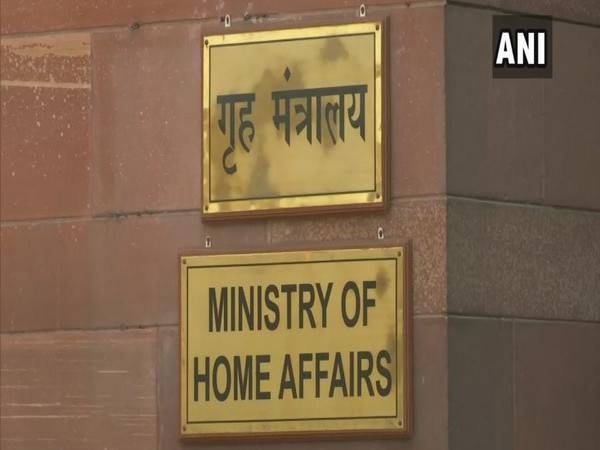
This satellite based network has been actively involved in facilitating communication among various State Police, CAPFs. The Directorate has an established High Frequency (HF) communication network at its headquarters and Inter-State Police Wireless (ISPW) stations located in all State capitals and UTs.
The DCPW is a nodal advisory body to the Ministry of Home Affairs for the Police Telecommunications in the country and for laying down technical specifications for communication equipment to be inducted in the Police Forces.
It also acts as a nodal agency for coordinating various police communication services of States, UTs, CAPFs. Radio communication security matters for all States, UTs Police and CAPFs are also coordinated by DCPW.
ALSO READ-Trump not concerned with Florida club security breach


